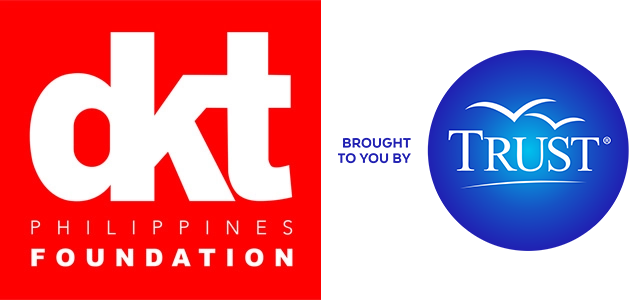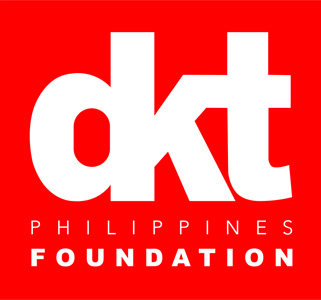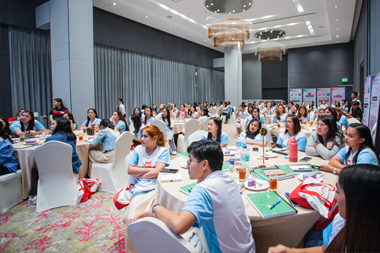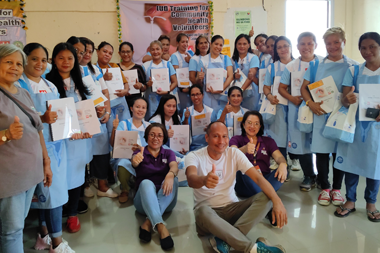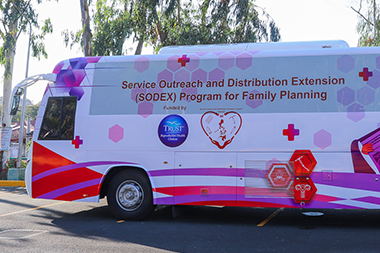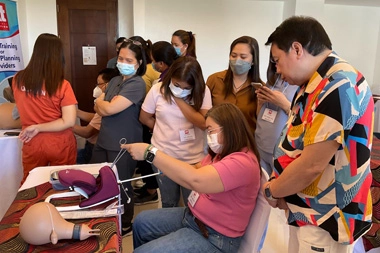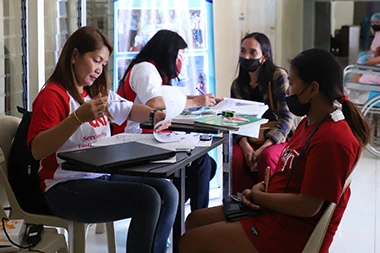Overview of SRHR in the Philippines
Sexual and reproductive health and rights are essential human rights that have been recognized globally, including the Philippines. These rights include the right to access information, products, services, and education related to reproductive health and to make decisions concerning reproduction without discrimination, coercion, or violence.
The Philippines has made significant progress in improving SRHR in recent years. However, there are still several challenges that need to be addressed to ensure that no one is left behind when it comes to accessing high-quality sexual and reproductive health information, products, and services.
Adolescent Pregnancy
The Philippines has one of the highest rates of teenage pregnancy in Southeast Asia, with approximately 5.4% of girls aged 15 to 19 having experienced pregnancy or giving birth. This phenomenon poses numerous challenges to the reproductive health community, including increased risks of maternal and infant mortality, limited access to quality prenatal and postnatal care, and higher chances of experiencing complications during childbirth.
Addressing this issue requires comprehensive efforts such as improved sex education, access to contraceptives, and supportive policies to empower young individuals and provide them with the necessary resources and support to make informed decisions about their reproductive health.
HIV
The country has witnessed a steady rise in HIV cases over the years. The prevalence of HIV not only poses grave health risks to individuals but also places a considerable burden on healthcare systems and resources. Moreover, the stigma and discrimination associated with HIV further exacerbate the challenges faced by affected individuals, hindering access to testing, treatment, and support services.
By promoting open dialogue and awareness, we contribute to the prevention and reduction of HIV transmission rates, fostering a healthier and more informed community in the Philippines.
When it comes to conception and family planning, statistics state that *one in two Filipino women no longer desires more children. This highlights the importance of providing accessible and comprehensive family planning services that cater to the diverse needs and preferences of individuals and couples. With **41.7% of women aged 15-49 who are currently not using any form of contraceptives, there is still a significant unmet need for family planning services in the country.
At DKT Philippines Foundation, we are passionate advocates of family planning because we believe that it can make a significant difference in the lives of Filipino families. We work on ensuring to fulfill everyone’s family planning demands through access to affordable, high-quality family planning products and services.
*Philippine Statistics Authority. (2022). 2022 NDHS Key Indicators Report [PDF]. Page 25.
**Philippine Statistics Authority. (2022). 2022 NDHS Key Indicators Report [PDF]. Page 26.
Why We Do the Work We Do
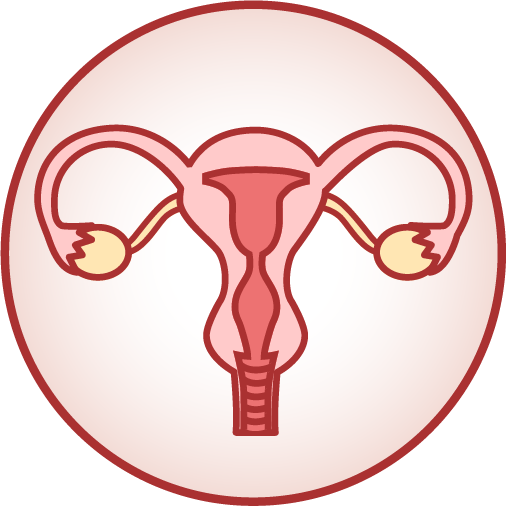
To Promote Reproductive Health:
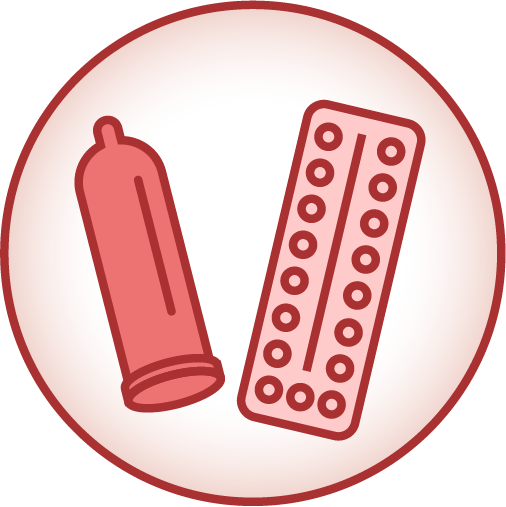
To Reduce Unintended Pregnancies:
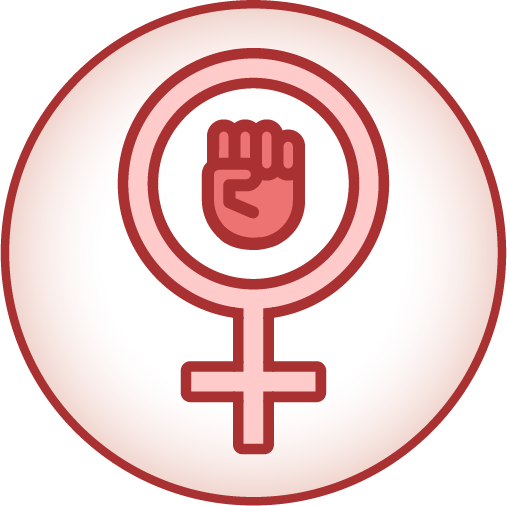
To Empower Women:

